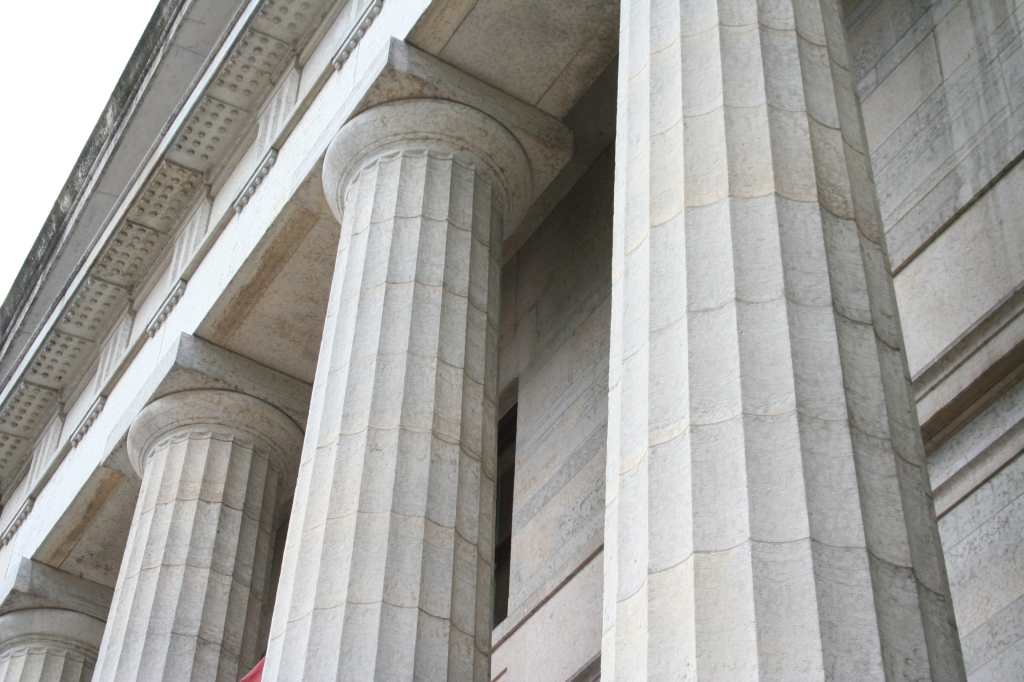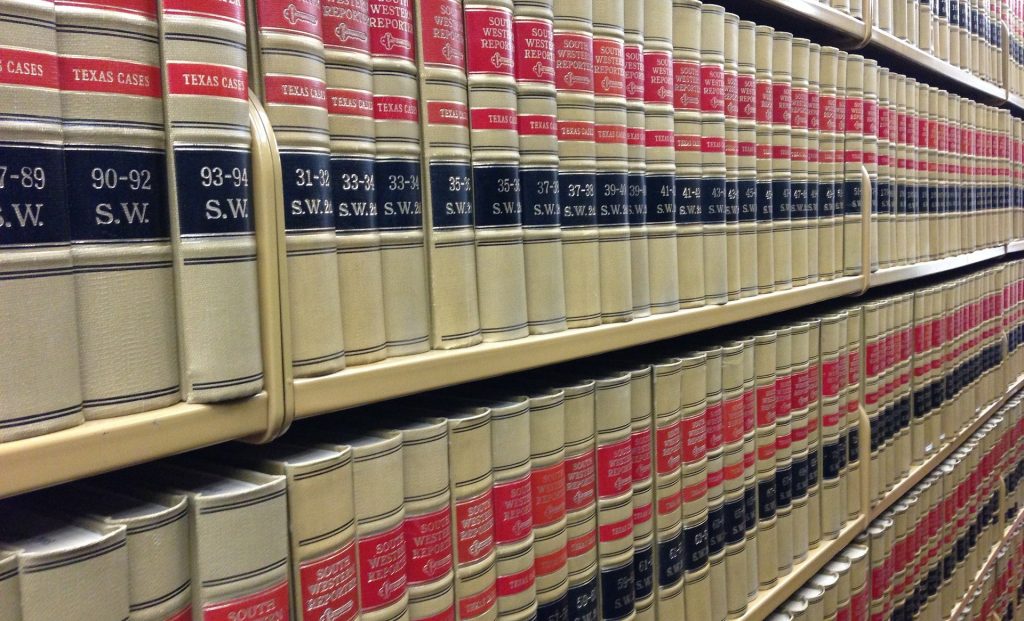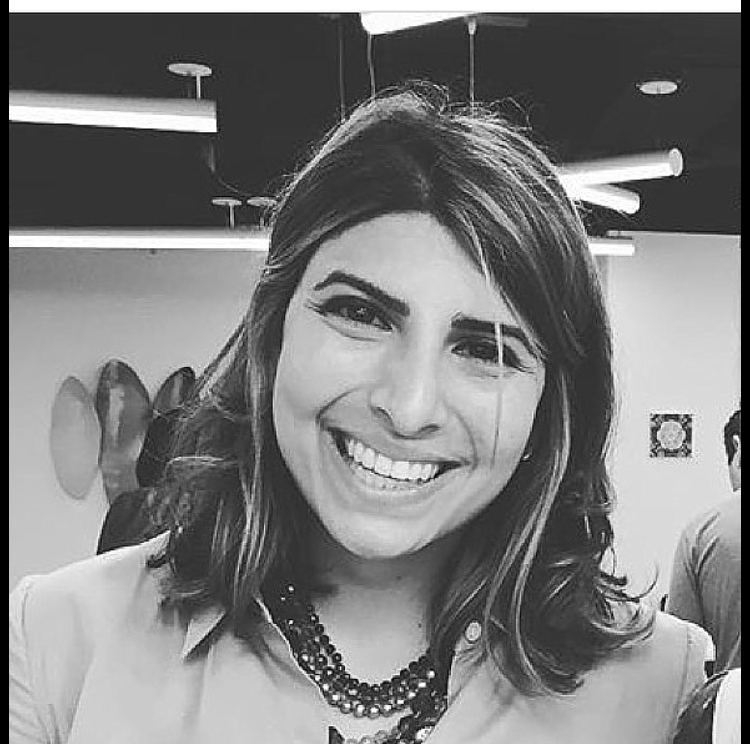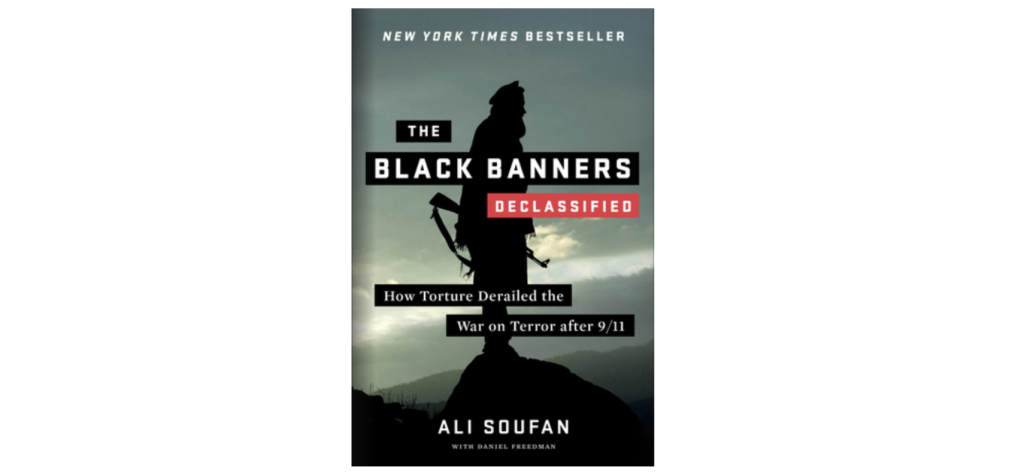Cornell Clinic files lawsuit in support of Vermont Journalism Trust’s efforts to obtain records

Suit challenges broad ‘litigation exemption’ of state’s public records law
MONTPELIER — Represented by Cornell Law School’s First Amendment Clinic and the ACLU, the Vermont Journalism Trust filed a public records lawsuit October 29 to obtain additional records related to the still unresolved EB-5 scandal. The State of Vermont is again withholding EB-5 records, citing the “litigation exemption” under Vermont’s Public Records Act — an exemption state agencies have relied on repeatedly to prevent public disclosure.
Heather Murray, Managing Attorney of the Local Journalism Project, Cornell First Amendment Clinic: “Today’s suit aims to bolster VTDigger’s excellent investigative reporting on this major financial fraud by challenging the State’s broad interpretation of the litigation exemption, which may be shielding from the public valuable information about how much the State knew about this fraud prior to taking action.” Associate Clinic Director Cortelyou Kenney and law students Haylei John, Michael Mills, and Brian Marte provided critical assistance in preparing the complaint.
Since 2012, the Vermont Journalism Trust, operating as VTDigger, has reported on the State’s oversight of the EB-5 Immigrant Investor Visa Program, a federal program designed to create jobs and stimulate foreign capital investment in low-income regions. In August of 2020, VTDigger requested documents from the Agency of Commerce and Community Development (“ACCD”), which operated the Vermont EB-5 Regional Center, to understand why the State continued to endorse the solicitation of investors for EB-5 projects despite increasing evidence of fraud. ACCD denied that request on September 29, resulting in this lawsuit.
Lia Ernst, senior staff attorney, ACLU of Vermont: “The EB-5 scandal shows the need for more transparent and accountable government, and that is exactly what Vermont’s public records law is designed to promote. When the government misapplies that law to keep the public in the dark, our state and our democracy suffer.”
The EB-5 program allows foreign entrepreneurs who make specified financial investments in the United States to apply for lawful permanent resident status. In April 2016, the State and the federal Securities Exchange Commission filed civil suits against several individuals and corporate entities alleged to have misused, in a “Ponzi-like” scheme, more than $200 million of these investor funds marked for projects in Vermont.
Timothy Cornell of Cornell Dolan, P.C., counsel for the Vermont Journalism Trust: “The State of Vermont continues to hide secrets behind narrow exemptions, frustrating the intent and purpose of the state’s public records law. The EB-5 scandal demonstrates the need to reject broad exemptions to public disclosure and do more to increase transparency in government.” This lawsuit is the latest in a series of cases brought by Vermont Journalism Trust in its ongoing investigation of the EB-5 scandal. In 2019, Mr. Cornell, the Cornell First Amendment Clinic, and Tarrant, Gillies, Richardson & Shems LLP represented the Vermont Journalism Trust in similar litigation that resulted in the release of documents the State had previously withheld. In 2016, the ACLU & Mr. Cornell represented the Vermont Journalism Trust in public records litigation after the State withheld other EB-5 records, claiming that they fell within an exemption for records that “are relevant to litigation to which the public agency is a party of record.” That lawsuit was settled in 2017, after the state finally agreed to release the records.






